APRIL- Learning To Cope With Stress, Finding Healthy Ways To Deal With It, And More!
| April is Stress Awareness Month |
| Learning to cope with stress and finding healthy ways to deal with it can go a long way in living your best life. What does stress mean to you? We all experience stress, but we probably experience it in different ways. this makes it hard to pinpoint a single definition for stress. In most cases we define stress as a state of mental/emotional strain/tension due to adverse or demanding circumstances. Stress is a reaction to a situation where a person feels anxious or threatened. Learning healthy ways to cope with stress and getting proper care and support can help reduce stressful feelings and symptoms. |
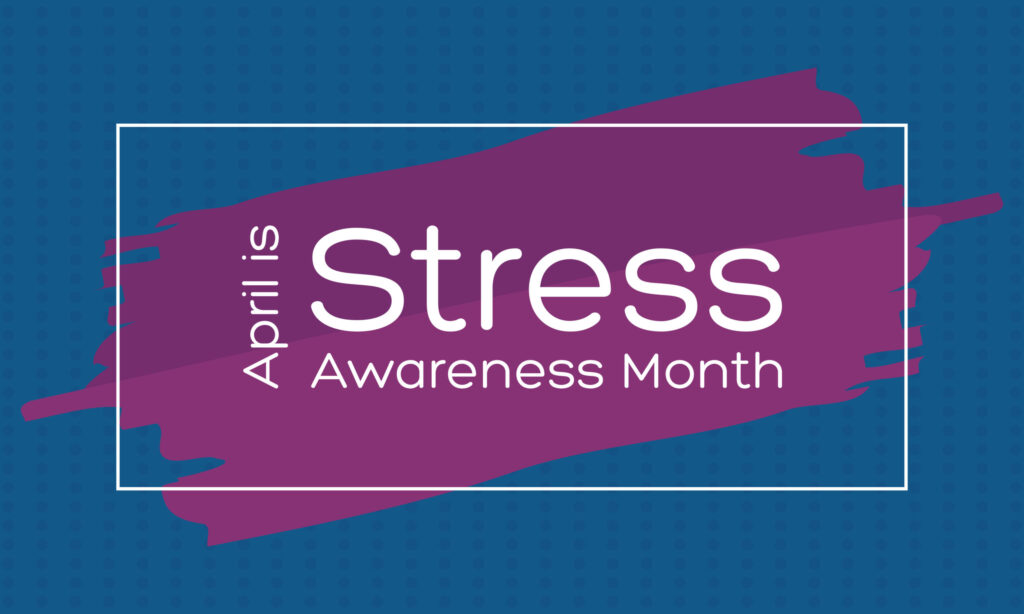
Common reactions to a stressful event can include:
• Disbelief, shock and numbness
• Feeling sad, frustrated and helpless
• Difficulty concentrating and making decisions
• Headaches, back pains and stomach problems
• Smoking or the use of alcohol or drugs
Long term stress can be more than just a mental issue. Headaches, stomach issues, depression, and even more serious ailments like stroke and heart disease can come as a result of stress.
When you are in a stressful situation, stress hormones rush into your bloodstream leading to an increase in heart rate, blood pressure and glucose levels. All of this is helpful in emergency situations, but having this “rush” for extended periods of time can be dangerous and induce some of the issues mentioned above or more serious issues such as:
-Stress-induced ischemia to the heart
-High blood pressure
-Elevated blood sugar
-Insomnia
-Stress induced pain (particularly, patients that suffer from chronic illness/disease such as, Lupus, Fibromyalgia, Diabetes.)
Learn to overcome issues you cannot change. Sometimes the stress in our lives is not something we have the power to change.
Try to:
• Recognize when you don’t have control, and let it go.
• Avoid getting anxious about situations you have no control over.
• Focus your mind on something that makes you feel calm and in control.
• Develop a vision for healthy living, wellness, and personal growth.
Healthy ways for coping with your stress:
• Eat healthy, exercise, get plenty of sleep, give yourself a break if you feel stressed.
• Share your problems and feelings with friends, your family or other support person.
• Avoid drugs and alcohol. It create additional problems and increases the stress.
• Recognize when you need more help, and seek it out.

| Positive self-affirmations focus on affirming your self-worth by reflecting on your core values and helping give you a broader view of yourself. Over time, repeating positive phrases has been shown to reshape how you think and feel about yourself. Why mantras and affirmations are important? Both mantras and affirmations can result in changes in our brain, affecting our neuroplasticity — the same as does meditation, breathwork, and psychedelics. These tools can help us break old thinking patterns that sometimes get stuck in our brains — while creating new, more positive patterns and thoughts. |
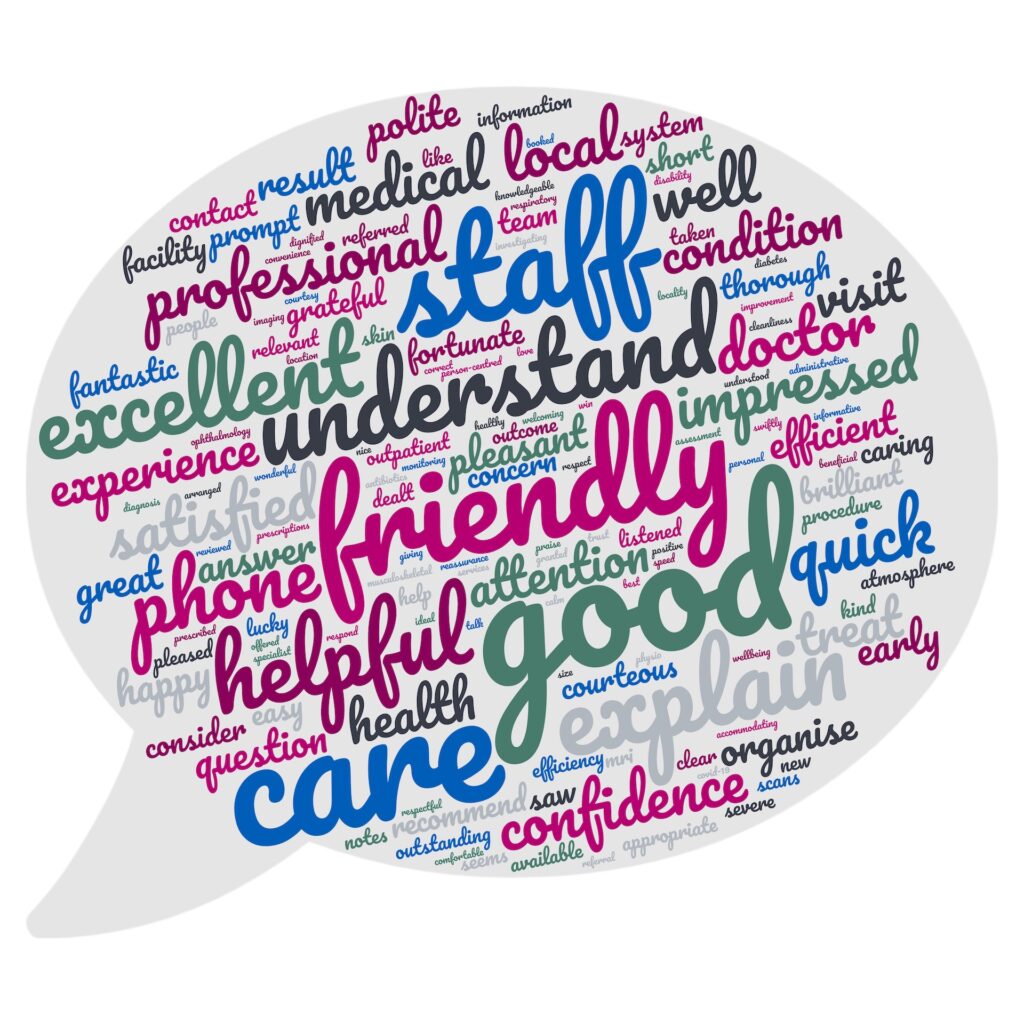
What You Should Expect from Your Healthcare Provider
Video Series #2
by Dr. John Querci, Medical Director, DDC Health Care
In this video, Dr. Querci discusses the challenges in receiving good healthcare when it comes
to personal injury, worker’s comp and trip and fall insurance.
Dr. John Querci, Medical Director at DDC Health Care, explores the obstacles that keep you from receiving good healthcare from your health providers in our video series:
“What You Should Expect from Your Health Provider.”
Our third installment of this series is coming soon, but we would like to know what our audience is looking for when it comes to healthcare topics that are important to you!
WE INVITE YOU to tell us what topics you would like to discuss.
What challenges do you experience with today’s healthcare services?
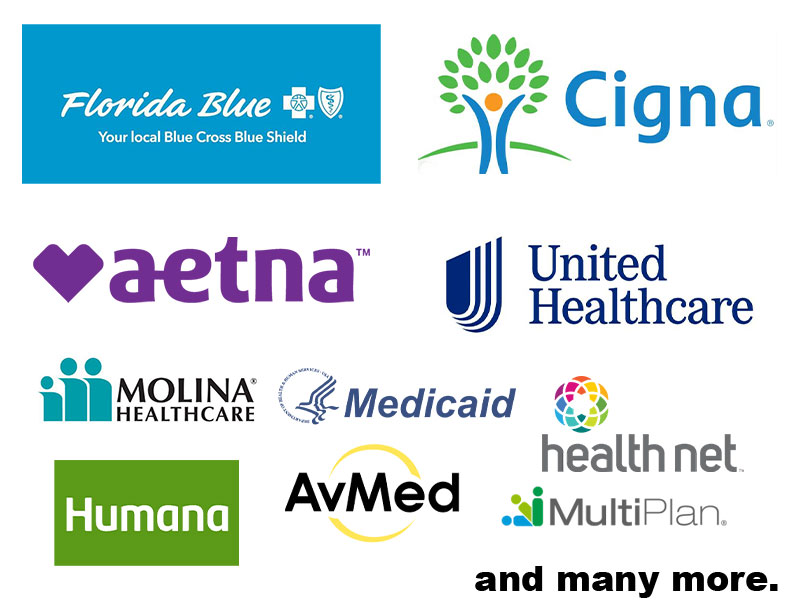
Looking for a new primary care doctor?
Your doctor no longer accepts your insurance?
We accept many insurances.
We are welcoming new patients in our Bonita Springs location.
Conveniently located. Same day appointments. No waiting.
Call today! The Doctor will answer all your questions!
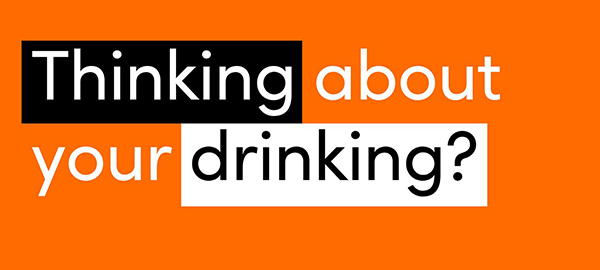
April is Alcohol Awareness Month. It’s a good time to reflect on our drinking
patterns and the role that alcohol plays in our lives.
Did you know that alcohol related disease is among the most significant public health issues in the country? It is estimated that each year there are more than 178,000 deaths attributed to excessive alcohol use, making alcohol one of the leading preventable causes of death in the United States.
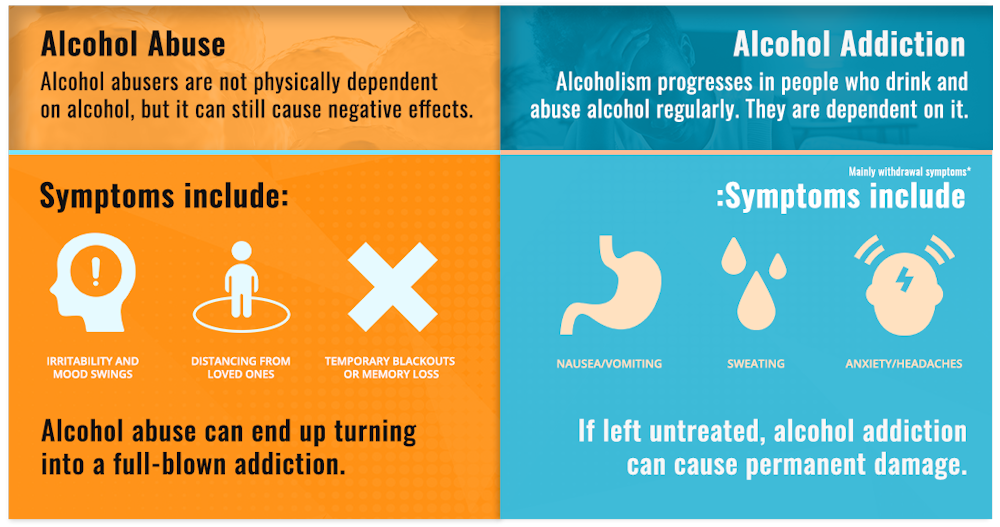
How do you know if drinking alcohol has become a problem for you or a loved one?
Where do you go for help if it has?
One way is to learn more about alcohol use disorder.
It is a medical diagnosis that ranges from moderate to severe.
Alcohol becomes a problem when it impacts your life in a negative way. Is your personal or work life deteriorating because of your drinking? Have there been times when you drank more, or longer, than you intended? Do you drink to feel better? Do you drink to cope with stress or other problems?
Do you feel anxious or irritable without a drink?
If you recognize any of these symptoms in yourself, it’s time to rethink the role that alcohol plays in your life. The National Institute Alcohol Abuse and Alcoholism has interactive resources to help you examine your drinking patterns and, if needed, recognize and search for quality care.
Get help at https://www.aa.org/
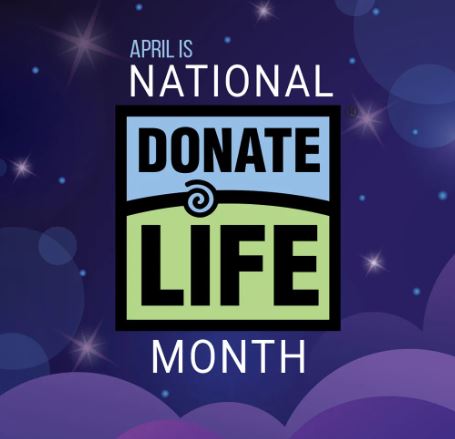
National Donate Life Month was established by Donate Life America and partners in 2003. Observed in April each year, National Donate Life Month helps raise awareness about donation, encourage
Americans to register as organ, eye and tissue donors and to honor those that have
saved lives through the gift of donation.
In Florida, you can choose to be an organ donor and list in on your license.
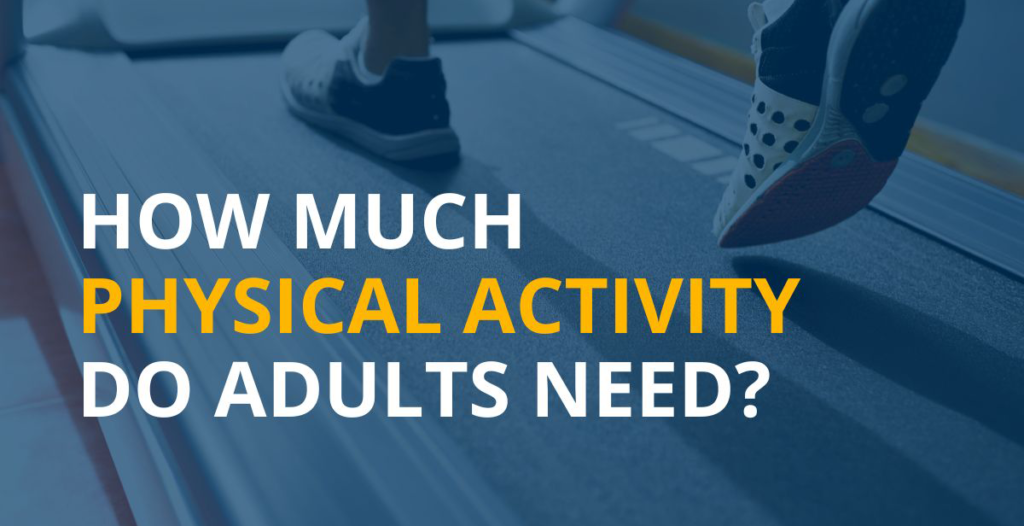
For most healthy adults, the Department of Health and Human Services recommends these exercise guidelines:
Aerobic Activity
-Get at least 150 minutes of moderate aerobic activity a week.
-OR get at least 75 minutes of vigorous aerobic activity a week.
-You also can get an equal combination of moderate and vigorous activity.
-Try to spread out this exercise over a few days or more in a week.
Even small amounts of physical activity can be helpful. Being active for short periods of time during the day can add up and have health benefits.
Moderate aerobic exercise includes activities such as brisk walking, biking, swimming and mowing the lawn.
Vigorous aerobic exercise includes activities such as running, swimming laps, heavy yard work and aerobic dancing.
Strength Training
Do strength training exercises for all major muscle groups at least two times a week. One set of each exercise can have health and fitness benefits. Use a weight or resistance heavy enough to tire your muscles after 12-15 repetitions.
As a general goal, aim for at least 30 minutes of moderate physical activity every day. If you want to lose weight, keep off lost weight or meet specific fitness goals, you may need to exercise more.
Cutting down on sitting time is important, too. The more hours you sit each day, the higher your risk of metabolic problems. Sitting too much can negatively affect your health and longevity, even if you get the minimum suggested amount of daily physical activity. And some research has found that people who’ve lost weight may be more likely to keep off the lost weight by sitting less during the day.
Any activity is better than none at all. What’s most important is making regular physical activity part of your lifestyle.
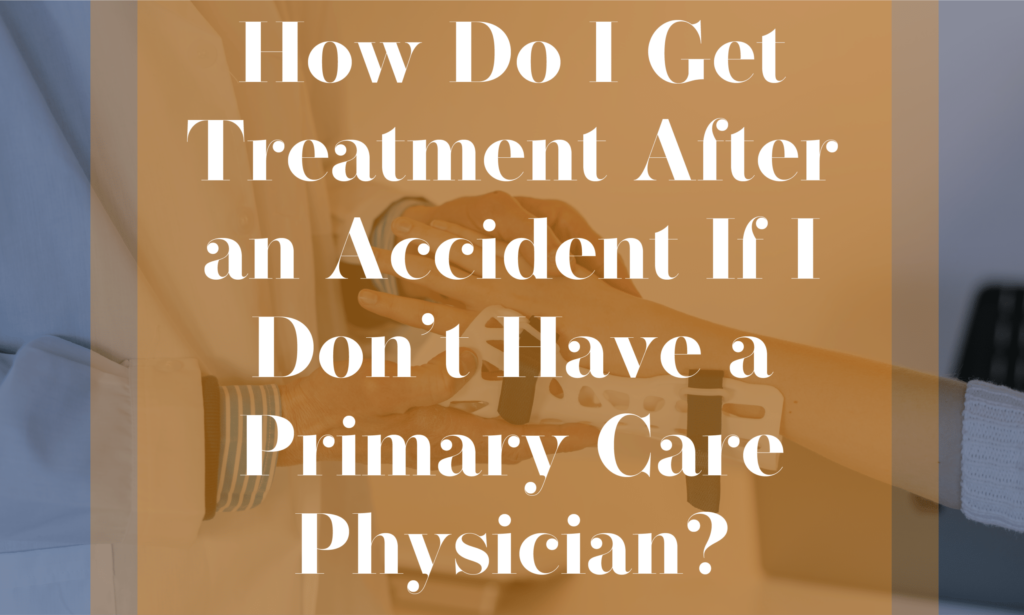
Have you recently had an accident? Are you recovering from an injury?
Will your current primary care physician not take auto, worker’s comp or trip and fall insurance? Do you not have a primary care doctor at all?
DDC Health Care will work with your lawyer in advocating for you!
Auto Accidents
Social Security Disability
Workers Compensation
Personal Injury
